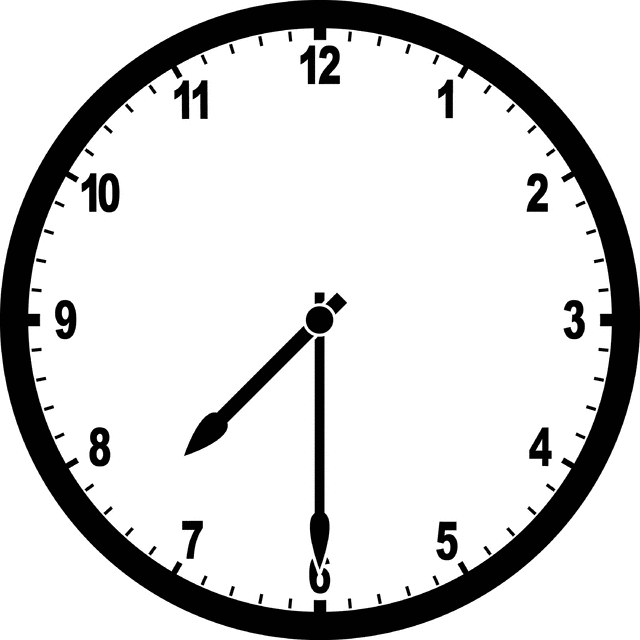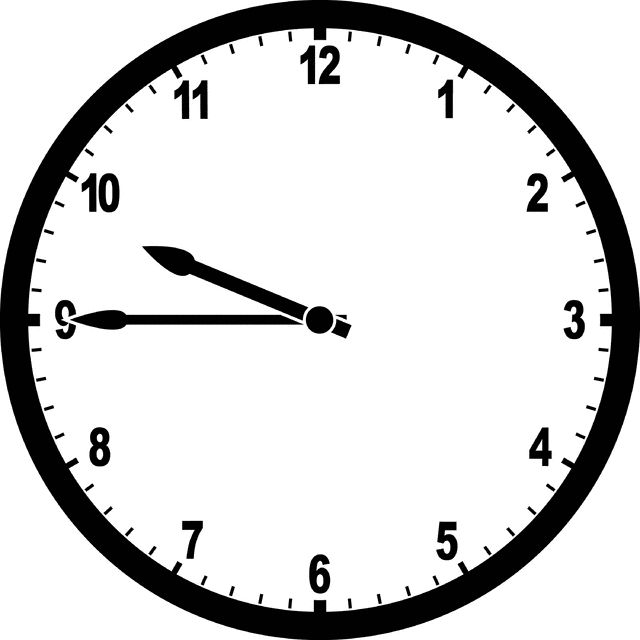Wie viel Uhr ist es? (Give me 2 examples for each time)

1. Es ist halb acht.
Es ist sieben Uhr dreißig.
Es ist neunzehn Uhr dreißig.
2.Es ist Viertel vor zehn
Es ist neun Uhr fünfundvierzig.
Es ist einundzwanzig Uhr fünfundvierzig.
How do you ask someone what their favorite subject is in German?
Was ist dein Lieblingsfach?
Was brauchst du für Mathe? (Name 4)
Ich brauche den/einen Rechner, Bleistift, Kuli,...
das/ein Heft, Lineal, das/ -- Papier,...
und die/eine Schere...
für Mathe.
What types of words are almost always neutral (das) and give at least one example.
Borrowed words such as das Tablet und das Whiteboard.
Hast du gern Sicko Mode? Warum?
Ja/nein, ich habe (nicht) gern Sicko Mode, denn _____.
Wann hast du Große Pause?
Ich habe Große Pause um 9.35 Uhr und 11.30 Uhr.
Welches Fach hast du nicht gern? Warum?
Ich habe nicht gern ___, denn...
___ ist langweilig/schwer/etc.
Wie findest du Geschichte und Wissenschaft?
Geschichte finde ich ______.
Ich finde Wissenschaft _____.
Was ist das? (Remember plural)



Das sind die Bücher, das Whiteboard, und der LCD-Projektor.
Hast du gern Sport? Warum?
Ich habe (nicht) gern Sport, denn _____.
Wie lange dauert die Sportstunde am Donnerstag?
Die Sportstunde dauert 1 Stunde und 35 Minuten.
Wer ist dein(e) Mathelehrer(in)? Wie ist er/sie?
Mein(e) Mathelehrer(in) ist (name). Er/Sie ist ________.
Explain at least 5 differences between American schools and German schools.
Germany has more breaks that are shorter.
Germany uses numbers as their grades instead of letters.
Germany usually has shorter days.
Germany has more days of school.
Germany has 3 different schools to choose from after grade school (1-4).
German Gymnasiums focuses more on logical thinking.
Most German tests (at the Gymnasium) have essays instead of multiple choice based questions.
Germans in the Gymnasium school are forced to learn at least 2 languages.
All German students learn a 2nd language (English) and they start in 5th grade.
etc.
Use Rechner in 2 sentences: in 1 sentence as the subject of the sentence, and in 1 sentence as the direct object.
Mein Rechner ist zu Hause!
Ich brauche den Recher für Mathe!
Wo ist deine Schultasche? Was ist in der Schultasche (at least 3)?
Meine Schultasche ist auf dem Tisch.
zu Hause.
in dem Schließfach.
Der Rechner, das Papier und mein Ordner sind in der Schultasche.
Give me 3 things you are doing on Wednesday.
Will be judged by Frau.
Make a question and answer out of this.
2 friends are doing homework in Math and one doesn't have their calculator and is struggling.
A: Die Matheprobleme sind ganz schwer! Hast du einen Rechner?
B: Ja, hier! Ohne Rechner geht es nicht!
Was fur eine Note bekommst du in Kunst, Mathematik, Geschichte?
Bekommst du gute oder schlechte Noten?
Deutsch 1 Englisch 2
Geschichte 3 Mathematik 1
Wissenschaft 1 Kunst 2
Latein 2 Informatik 3
Ich bekomme eine Zwei in Kunst,
eine Eins in Mathematik,
und eine Drei in Geschichte.
Ich bekomme meist gute Noten.
Name 3 nouns that are feminine. No plural and only one family member. Make a sentence for each (new & varied).
Es gibt eine Landkarte im Klassenzimmer
Meine Schule um 7 Uhr 40.
Die Stadt München liegt in Süddeutschland.
Es dauert nur eine Minute mit dem Bus zur Schule.
In der zweiten Stunde habe ich Mathe.
Ich habe eine gute Idee!
Meine Mutter ist sehr liebevoll.
Use 4 different family member vocab words in sentences. Make them as varied as possible
Meine Mutter heißt___.
Mein Vater ist (adjective).
Ich habe eine(n) Schwester/Bruder.
Mein Onkel hat braune Haare und grüne Augen.
etc.
Write 5 sentences about your school schedule. Use sequencing words:
first, then, after ___, after that, finally
Zuerst habe ich __
Dann habe ich __
Nach __ habe ich __
Danach habe ich __
Zuletzt habe ich __
Write a brief dialog (include ?s and responses)between Marco & Juliana. Including all of the following:
Marco: Loves Science. Gets a C+ in History, because it is difficult.
Juliana: Loves History, finds it easy & gets an A+
J: Was ist dein Lieblingsfach?
M: Mein Lieblingsfach ist Wissenschaft. Und du?
J: Geschichte ist mein Lieblingsfach, denn Geschichte ist sehr leicht!
M: Für dich! Du bekommst immer eine Eins! Ich finde Geschichte schwer.
J: Was für eine Note bekommst du?
M: Eine Drei!
Match the following:
1. Hauptschule, 2. Realschule, 3. Gymnasium
Goes until: a. 9th grade, b. 10th grade, c. 12th or 13th grade
Post-grad. plans: d. University, e. learn a trade, f. learn a trade OR possibility to continue on at Gymnasium
g. takes the Abitur at the end
Level of academic rigor: h. highest, i. middle, j. lowest
1. Hauptschule: a. 9th grade, e. learn a trade, j. lowest
2. Realschule: b. 10th grade, f. learn a trade OR possibility to continue on at Gymnasium , i. middle
3. Gymnasium: c. 12th or 13th grade, d. University, g. takes the Abitur at the end, h. highest,
Name 4 nouns that are masculine (only one can be family) and make a (new & varied) sentence for each.
2 must be used as a subject & 2 as a direct object!
NOT RECHNER!
Ich brauche den Bleistift.
Der Computer ist sehr alt.
Ich finde den Lehrer interessant.
Mein Vater heißt Jim.
Der Stuhl ist sehr groß.
Give me 4 sentences about what you do in a typical week (free time activities, school stuff etc.)
Be sure to use a time/frequency phrase in each sentence.
Am Montag tanze ich.
Jeden Tag gehe ich zur Schule.
Nach der Schule mache ich Hausaufgaben.
Am Wochenende treffe ich Freunde.